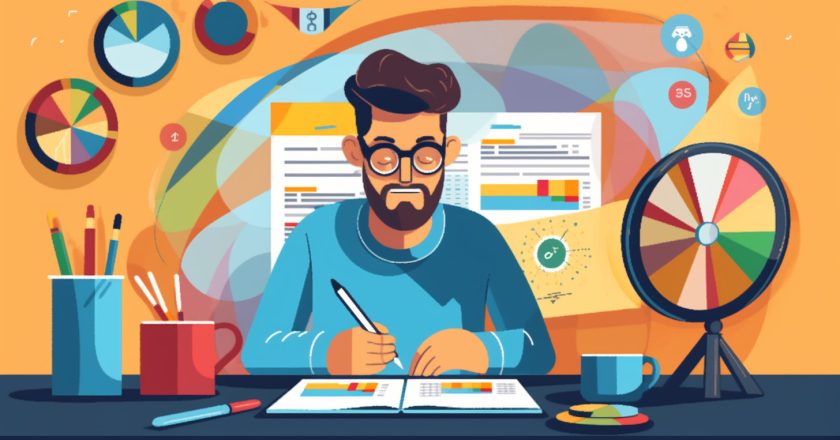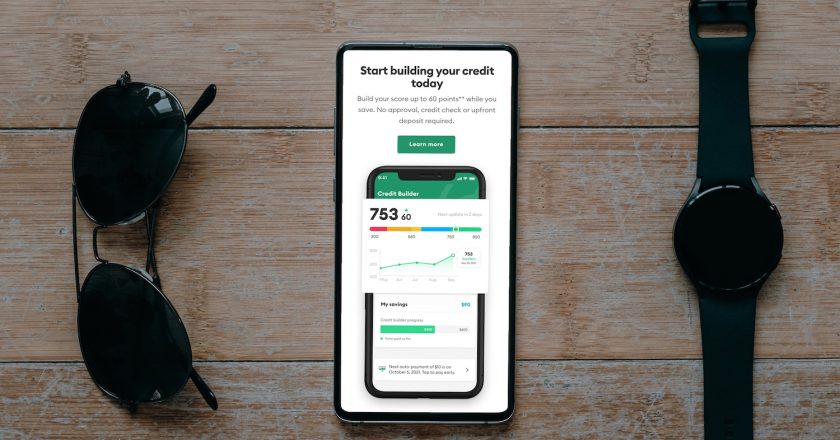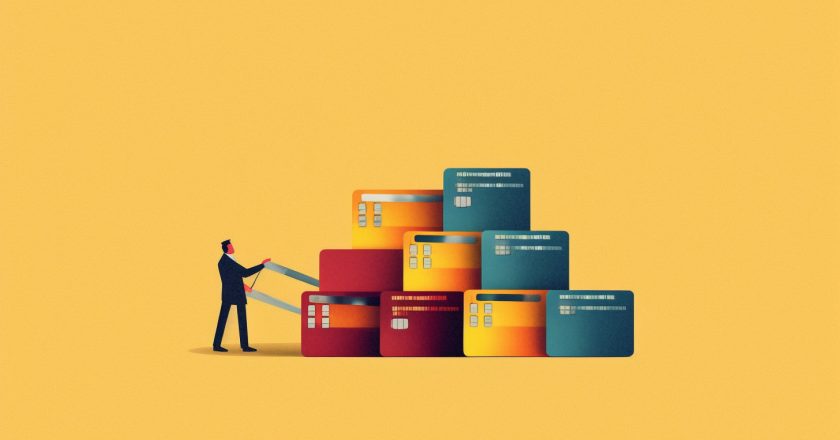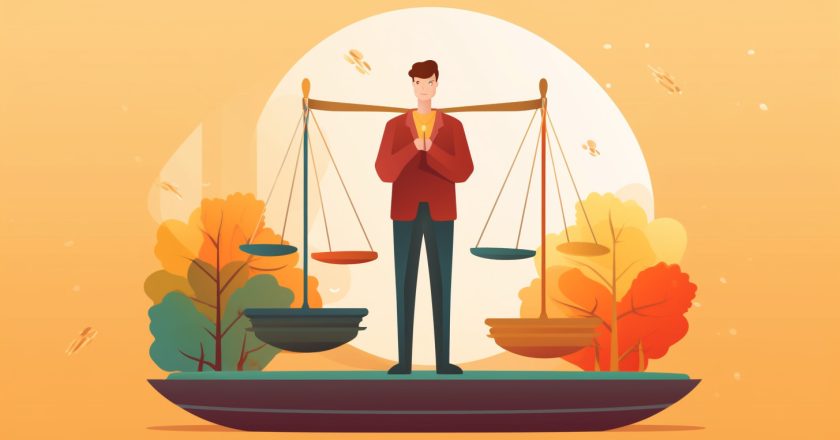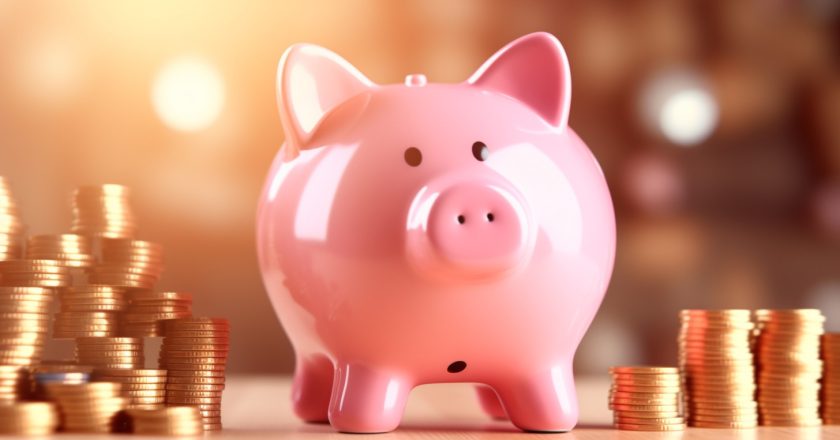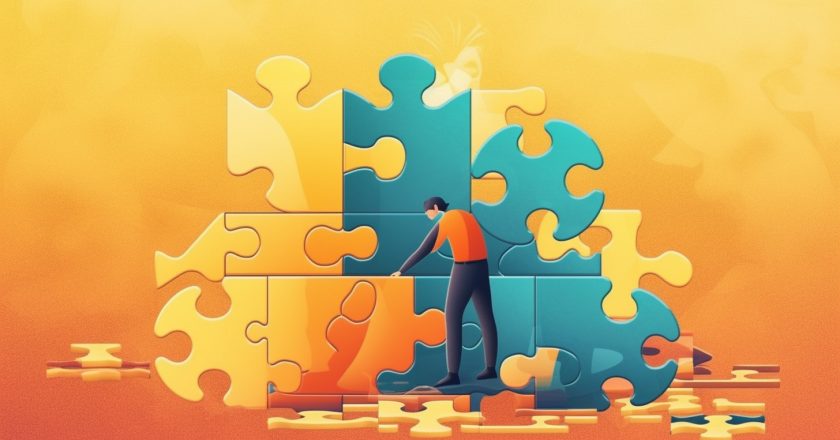How To Stay Debt-Free After Paying Off Debt
Avoiding overspending can be tricky, but recognizing and avoiding triggers is key to maintaining financial stability.
One of the first steps in avoiding overspending is identifying your personal triggers. These could include stress, boredom, or even a certain store or website that you know will tempt you to spend more than you should. Once you identify your triggers, make a conscious effort to avoid them.
Another way to avoid overspending is by setting clear boundaries for yourself. This could mean limiting the amount of money you take with you when shopping, or only using cash instead of credit cards. It's also important to establish rules for yourself when it comes to spending on non-essential items. For example, deciding not to buy clothing unless it's on sale or setting a monthly limit...



